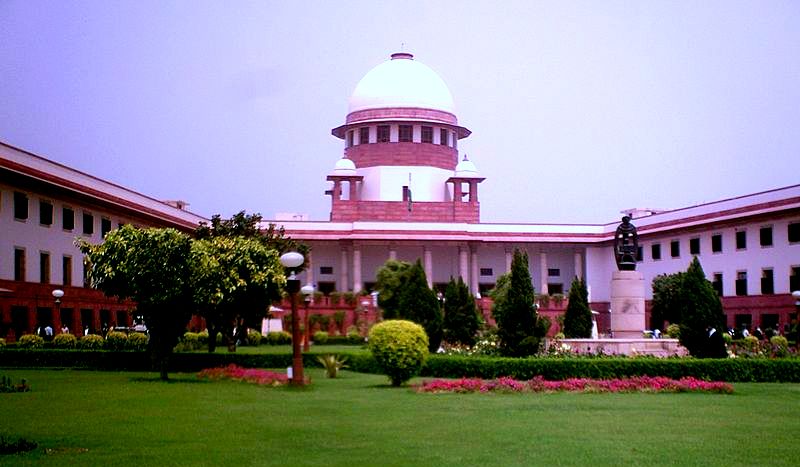New Delhi, 14th November 2022: There are high chances that several issues will arise for the central government after the decision of Supreme Court to retain 10 percent reservation for the Economically Backward Classes (EWS).
According to reports, after validating the law made in violation of the ceiling of reservation up to 50% (EWS reservation), now many state governments can approach the Center to increase the reservation limit. Following this, it may be difficult for the central government to accept or reject the recommendations/requests of the states.
If the state governments also start sending petitions to the central government for constitutional amendments to give legal recognition to their quota laws, then the center may face political difficulties as it will not be easy to accept the pleas of the states as many state governments can take quotas in jobs and education to unprecedented levels. This may reduce the opportunity for unreserved category.
This is evident from the fact that within a week of the Supreme Court’s judgment on EWS, several states have taken swift steps to increase the local quota.
Bihar Chief Minister Nitish Kumar has also demanded that the Center to remove the cap of 50% reservation.
On Sunday itself, two constituents of the ruling seven-party grand alliance in Bihar urged Chief Minister Nitish Kumar to bring a law in the winter session of the Assembly beginning November 23, to bring down the existing 50% total reservation limit to 77%.
Meanwhile, Jharkhand has increased the total reservation cap for SC/ST/OBC to 77%.
A similar demand has also been raised in Rajasthan that OBC quota should be increased from 21% to 27%.
Legal battles are on in Rajasthan and Maharashtra to give reservation to Gujjar and Maratha communities.
